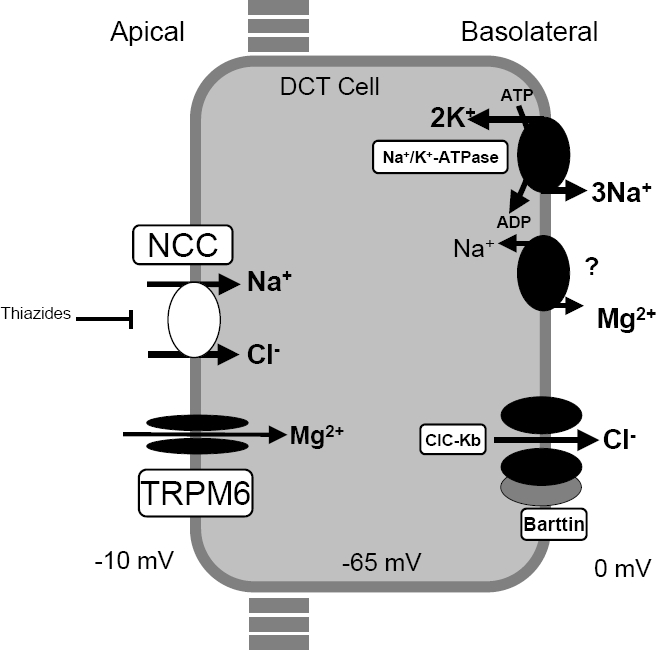Gitelman Syndrome

Gitelman syndrome is a kidney function disorder that causes an imbalance of charged atoms (ions) in the body, including ions of potassium, magnesium, and calcium. It is usually diagnosed during late childhood or adulthood. More common symptoms include fatigue, salt craving, thirst, frequent urination, muscle cramping, muscle weakness, dizziness, tingling or numbness, low blood pressure, and heart palpitations. Gitelman syndrome can be caused by changes (mutations) in the SLC12A3 or CLCNKB genes and is inherited in an autosomal recessive manner. Treatment may include supplementation of potassium and magnesium, and a high sodium and high potassium diet.